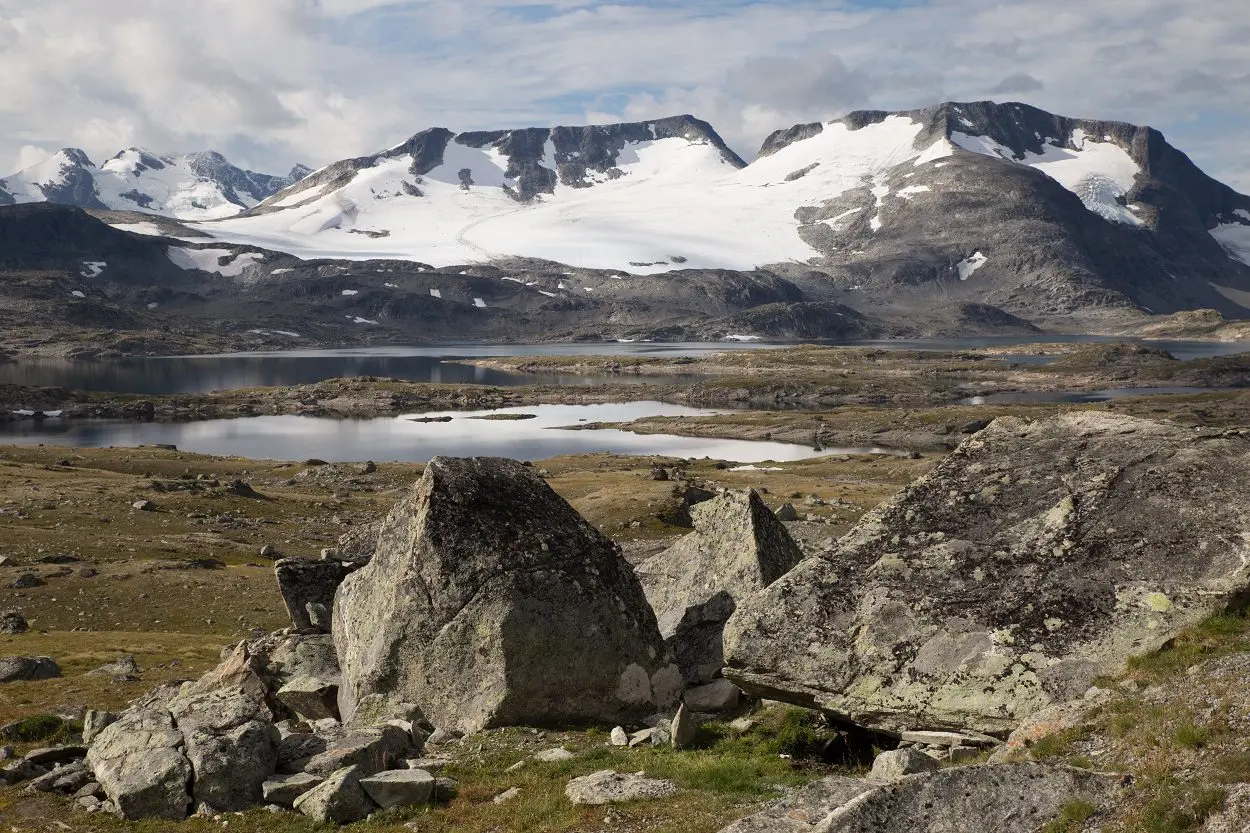Study led by the University College London (UCL) suggests that an extreme cooling period approximately 1.1 million years ago likely contributed to the extinction of early human populations in Europe.
Based on palaeoclimate evidence, the researchers found the occurrence of previously unknown extreme glacial conditions that pushed the European climate to levels beyond what archaic humans could tolerate, emptying the continent of human populations.
The earliest human remains discovered in Europe originate from Iberia and provide evidence that early humans had migrated from southwest Asia around 1.4 million years ago.
During that era, the climate was predominantly warm and humid, with occasional mild cold spells. Previously, the prevailing hypothesis suggested that upon human arrival, they managed to endure various climate fluctuations and adjust to progressively more challenging environments starting around 900,000 years ago.
Senior author Professor Chronis Tzedakis (UCL Geography) said: “Our discovery of an extreme glacial cooling event around 1.1 million years ago challenges the idea of continuous early human occupation of Europe.”
Researchers from UCL, the University of Cambridge, and CSIC Barcelona studied the chemical makeup of marine microorganisms and investigated the pollen composition within a deep-sea sediment core retrieved off the shores of Portugal.
This revealed the presence of abrupt climate changes that culminated in an extreme glacial cooling, with ocean surface temperatures off Lisbon dropping below 6°C and semi-deserts expanding on the adjacent land.
Lead author Dr Vasiliki Margari (UCL Geography) said: “To our surprise, we found that this cooling at 1.1 million years ago was comparable to some of the most severe events of recent ice ages.”
Co-author Professor Nick Ashton of the British Museum said: “A cooling of this magnitude would have placed small hunter-gatherer bands under considerable stress, especially since early humans may have lacked adaptations such as sufficient fat insulation and also the means to make fire, effective clothing or shelters.”
In order to evaluate the influence of climate on ancient human communities, Professor Axel Timmermann and his team from the IBS Centre for Climate Physics at Pusan National University, who share co-authorship, conducted a climate simulation using their supercomputer named Aleph. This simulation aimed to recreate the challenging environmental circumstances of that era.
Integrating the results from the simulation with fossil records and archaeological findings of human presence in southwest Eurasia, the researchers subsequently constructed a model of human habitat. This model forecasts the level of environmental suitability for early human habitation.
Professor Axel Timmermann said: “The results showed that 1.1 million years ago climate around the Mediterranean became too hostile for archaic humans.”
Together, the palaeoclimate data and human habitat model results indicate that Iberia, and more generally southern Europe, was depopulated during the Early Pleistocene. An apparent lack of stone tools and human remains over the next 200,000 years further raises the possibility of a long-lasting hiatus in European occupation.
Co-author Professor Chris Stringer of the Natural History Museum in London said: “According to this scenario, Europe may have been recolonized around 900,000 years ago by more resilient humans with evolutionary or behavioural changes that allowed survival in the increasing intensity of glacial conditions.”
Header Image Credit : Shutterstock





